Celebrating our academics on International Women’s Day
8 March 2021
To mark International Women’s Day (IWD), we are highlighting just some of the major contributions UCL women have made to the world in the last year, helping to inspire the next generation.
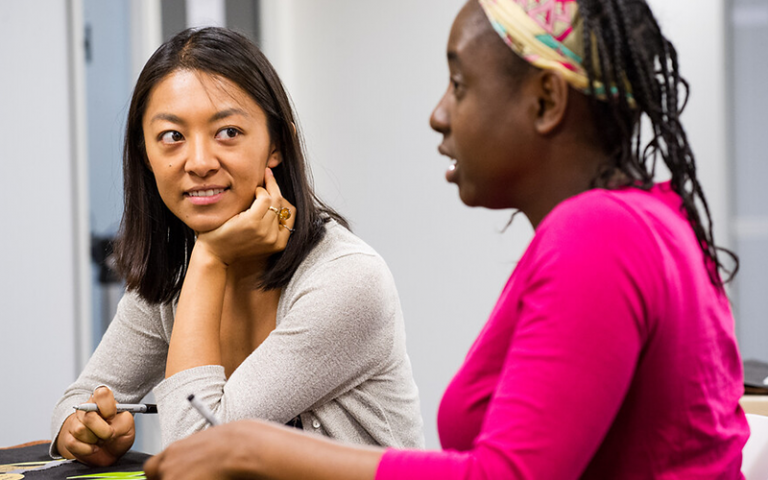
In the past 12 months, the women in our community have not only played a vital role in the response to vaccine engineering and the coronavirus pandemic, but have also continued to advance their disciplines, producing groundbreaking research, informing government policy, winning vital research grants, taking on prominent new leadership roles and much more.
While it is impossible to mention all their achievements, this snapshot provides an idea of the scale and scope of their impact here and across the globe.
Thanks to a team co-led by Professor Rebecca Shipley (UCL Institute of Healthcare Engineering), a low-cost breathing aid developed in just 10 days by UCL, UCLH and Mercedes-AMG High Performance Powertrains, called the UCL-Ventura, is helping to cut deaths from COVID-19 in hospitals around the world. The CPAP device is quick to produce and easy for staff to learn to use.
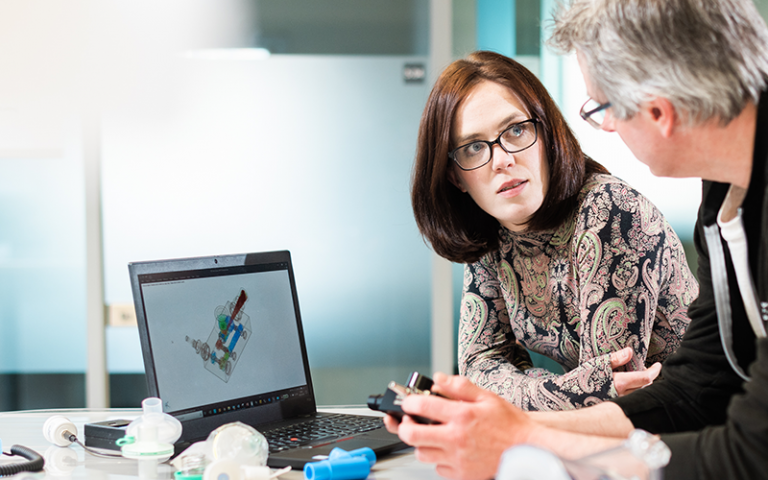
Many of UCL’s experts are also playing an important role in advising on the UK Government’s coronavirus response, both directly and indirectly. Professor Judith Breuer (UCL Division of Infection & Immunity) is advising the Government on the use of viral genomics to help control the outbreak, and Professor Susan Michie (UCL Psychology & Language Sciences) is advising the UK Government-convened advisory group, the Scientific Pandemic Influenza Group on Behavioural Science.
A member of Independent SAGE, Professor Christina Pagel (UCL Mathematics) has influenced the debate on risks and benefits of lockdowns and many other coronavirus measures over the last year. Several academics have appeared before Parliamentary Committees to provide their insight into how the pandemic is affecting their area of work. In June last year, Professor Hazel Genn appeared before the Lords Constitution Committee inquiry as an expert witness to give evidence on the impact of Covid-19 on the courts and justice system.
As well as informing Government and Parliament, our researchers have also been collaborating with external partners to tackle the virus. Professor Rachel McKendry (London Centre for Nanotechnology at UCL and i-sense) and Professor Ingemar Cox (UCL Computer Science) are leading a team developing rapid tests and tracking systems for COVID-19 in collaboration with the World Health Organization, Public Health England and Africa CDC. Meanwhile, a team led by Professor Martina Micheletti (UCL Biochemical Engineering) helped provide the research base behind the Oxford/AstraZeneca vaccine.
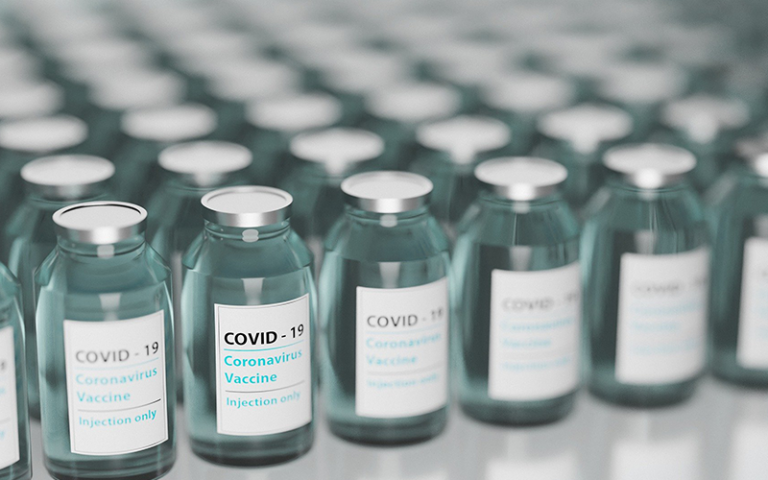
UCL has been working hard and fast to track the virus and its impact on society, as well as mitigate the risk of future pandemics. Dr Daisy Fancourt (UCL Epidemiology & Health) has been leading on the UCL Covid-19 social study, exploring the effects of the virus and social distancing measures on adults in the UK. Dr Lucy van Dorp (UCL Biosciences) has been leading a project tracking SARS-CoV-2 mutations. Professor Kate Jones (UCL Biosciences) is also investigating how humans’ environmental impacts put us at risk of further pandemics, and has recently been appointed as an expert adviser on the Adaptation Committee of the Climate Change Committee, providing governments with independent, expert advice.
To explore the impact of Covid-19 on people from BAME groups, Professor Monica Lakhanpaul (UCL GOS Institute of Child Health) is spearheading a new initiative by a group of senior female Black, Asian and Ethnic Minority researchers. With a £2.5m award from UKRI, they will lead a series of multi-disciplinary projects looking at the combined impact of Covid-19 and racial discrimination on wellbeing and resilience across BAME groups, to provide a full picture of their vulnerabilities. Hear more about the initiative in our special International Women’s Day edition of our Coronavirus: The Whole Story podcast.
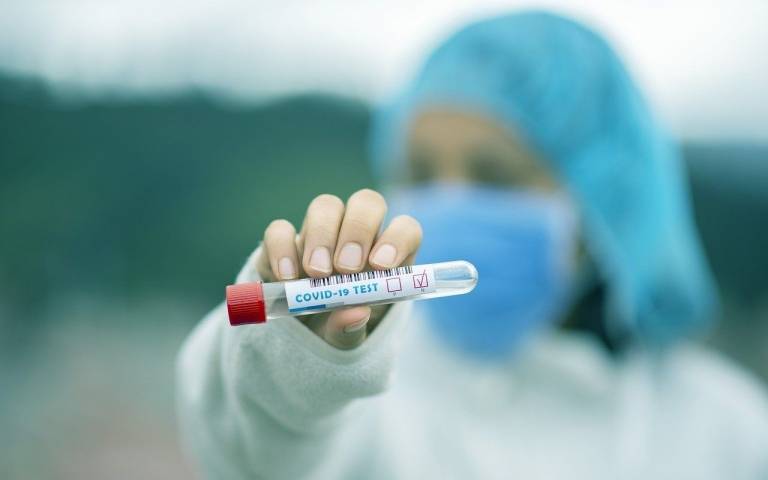
Whilst coronavirus and public health has been the focus of much of our work over the last 12 months, many more academics have made notable contributions to their fields outside of this area. Professor Meg Russell, Director of the UCL Constitution Unit, has advised on every major reform of parliament since New Labour. In the last year, the unit has made high profile contributions on issues including the need for MPs to 'take back control' of the House of Commons, the running of any referendums on the future of the island of Ireland, Scottish independence voting options, appointments to the House of Lords and the role of monarchy in modern democracies. The unit was recently described by BBC Parliament Correspondent Mark D'Arcy as having 'an impressive batting average in encouraging constitutional changes'.
Sociologist and gender studies expert Professor Sasha Roseneil, Dean of UCL's Faculty of Social and Historical Sciences, has sparked new debates on how societies around the world view relationships with her ground-breaking publication, The Tenacity of the Couple-Norm (UCL Press).
Women academics are also breaking boundaries in the field of science and technology. Dr Lidia Galdino (UCL Electronic & Electrical Engineering) has been leading a team that has achieved the world's fastest "internet speed", transmitting data through a much wider range of colours of light, or wavelengths, than is typically used in optical fibre.
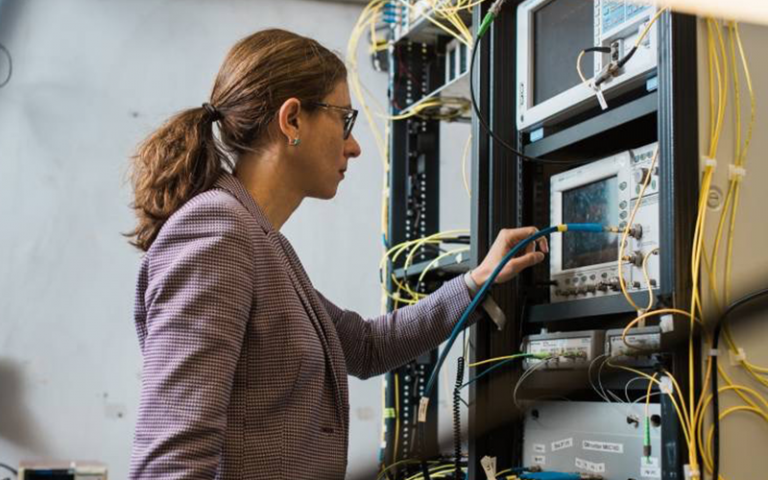
Further afield, Professor Giovanna Tinetti (UCL Physics & Astronomy) is the principal investigator of a European Space Agency mission scheduled to launch in 2029 that hopes to uncover distant planets.
In addition to the staggering amount and breadth of research undertaken since March 2020, UCL’s academics have also taken on a number of prominent new roles in the last year; in October, Professor Dame Anne Johnson (UCL Division of Infection & Immunity/UCL Health of the Public) was elected as President of the Academy of Medical Sciences, and last month Professor Mariana Mazzucato (UCL Institute of Innovation and Public Purpose) was appointed to the second United Nations High-level Advisory Board (HLAB).
As well as being leaders in their field, UCL’s academics are also leading the way in communicating about their research; Dr Helen Czerski (UCL Mechanical Engineering) was one of three scientists chosen to deliver the Royal Institution’s 2020 Christmas Lectures. Additionally, Professor Monica Lakhanpaul was recently selected to work alongside BBC World Service, whilst Dr Priti Parikh (UCL Bartlett School of Construction and Project Management) is currently working with the New Scientist.
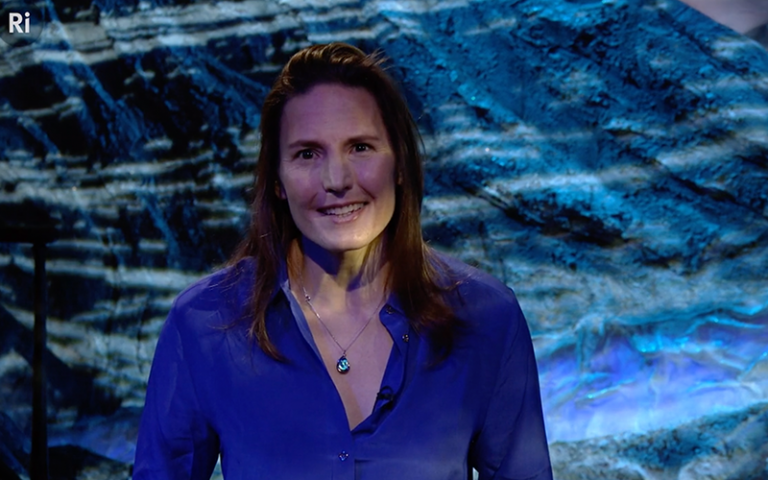
Join us as we celebrate UCL’s women academics working to address the pandemic by listening to this week’s episode of our Coronavirus: The Whole Story podcast, featuring Professor Monica Lakhanpaul and Dr Amelia Roberts (Institute of Education).
Links
- Coronavirus: The Whole Story Podcast: International Women's Day Special
- Learn what inspires UCL Women in Population Health
- See what inspires UCL Women in Brain Sciences
- International Women’s Day 2021
Images
- Image one - Credit: UCL
- Image two - Caption: Professor Rebecca Shipley and Professor Tim Baker. Credit: UCL
- Images three and four - Credit: torstensimon and fernandozhiminaicela on Pixabay (CC 2.0)
- Image five - Caption: Dr Lidia Galdino. Credit: James Tye/UCL
- Image six - Caption: Dr Helen Czerski. Credit: The Royal Institution
 Close
Close

